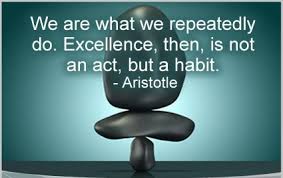1. Set Clear Goals: Define your language learning objectives. Whether it's basic conversational skills, proficiency for travel, or mastering the language for professional reasons, clear goals provide direction.
2. Create a Schedule: Establish a consistent schedule. Allocate dedicated time each day or several times a week for language practice. Consistency is crucial for building a strong foundation.
3. Utilise Technology: Leverage language learning apps, online courses, and interactive platforms. These tools offer structured lessons, vocabulary drills, and often incorporate gamification elements to keep learning engaging.
4. Immerse Yourself: Surround yourself with the language. Listen to music, watch movies, or follow social media accounts in the target language. Immersion accelerates learning and enhances cultural understanding.
5. Practice Regularly: Language learning is a skill that improves with practice. Engage in daily exercises, be it speaking, writing, or reading. Consistent practice reinforces what you've learned and builds confidence.
6. Join Language Communities: Connect with fellow language learners. Online forums, language exchange meetups, or social media groups provide valuable support, motivation, and opportunities to practice with native speakers.
7. Celebrate Small Wins: Acknowledge and celebrate your achievements along the way. Learning a language is a gradual process, and recognizing progress, no matter how small, boosts motivation.
Establishing discipline in language learning is a commitment to self-improvement. By incorporating these strategies into your routine, you'll not only navigate the intricacies of a new language but also cultivate the discipline needed for lifelong learning success.



 RSS Feed
RSS Feed

